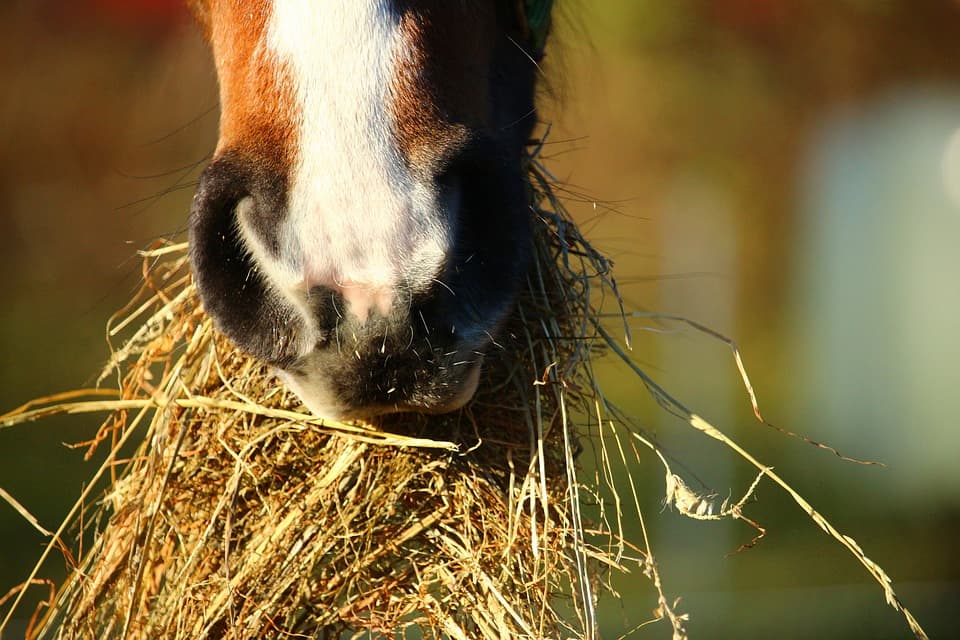horse food

horse food
1 Feed the horse plenty of grass-based fodder
Did you know that an adult horse produces more than 30 liters of intestinal acid per day ?
Here, it can be said that fiber is used to maintain the health of the digestive system. As wild horses graze for up to 18 hours a day, they get enough roughage, but if this is not possible, this daily ration should not be less than 1.5% of the horse’s weight (equivalent to 7. 5 kg for a 500 kg horse).

- FEED EACH HORSE ACCORDING TOHIS NEEDS The nutritional needs of horses vary according to several factors, in particular: the effort they provide, their mood and their appetite, their level of body fat.
If you are unsure about choosing the most appropriate nutritional program for your horse, contact the Redmills team for assistance.
Give the horse enough rest after feeding and before starting exercise
You should let your horse rest for one to two hours after he has eaten his main meal and before he begins to exercise, and also after he has finished a hard exercise, rest him a bit and then give him some food.
- Distribute food rations in small amounts and at frequent intervalsHorses have small stomachs for their size; It receives about 15 liters and is the size of a small ball, which requires dividing the amount of main food into as many small portions of food as possible in order to facilitate digestion. Ideally, each 100 kg of horse weight should receive 400 g of roughage (no more than 2 kg per ration for a 500 kg horse.) Introduce
gradually any change in the horse’s diet.
- Sudden changes in your horse’s diet lead to disturbances in his digestive system such as: colic or loose droppings. To avoid this, you must introduce any new food gradually over at least 4 to 7 days.Always weigh food
Your horse should be fed by forage weight, not volume, so it is important to weigh the forage frequently. Keep in mind that your spoon may differ from another spoon and that cubes, shredded fibers, etc. have different densities. Basically, a standard scoop usually contains 2 kg of cubes, 1.5 kg of paste and 0.5 kg of flakes.
.
Always provide drinking water
Water is the most important nutrient when feeding horses ; It is used by every cell in your horse’s body and ideally a 500 lb horse will drink around 25 liters of water when relaxed. A horse free on pasture generally drinks less water than other horses, since forage is 80% water, while other forage is only 15-20% water.
Studies have also shown that horses do not drink water that is too cold, so be sure to break the ice around water troughs during winters or you can slightly warm the water to temperatures between 7 and 18 degrees Celsius.
Maintain a routine for feeding your horse
Horses like to stick to a set routine, so be sure to feed them as much as possible on a regular schedule and intervals. This helps maintain the health of his digestive system and reduces his risk of stomach ulcer syndrome .
Make sure to use a high quality stream
Avoid giving your horse any forage that shows signs of mold or dust. Because it can lead to an increase in the possibility of problems in his respiratory or digestive system. Always read the expiry date on the bottom of the food packaging.
Maintain cleanliness
You must store the food in clean and dry places, away from sunlight (you can put it in an airtight box). Another essential is keeping the feeding room clean and tidy, including cleaning buckets and utensils; This avoids the presence of insects or rodents and reduces any potential contamination.



